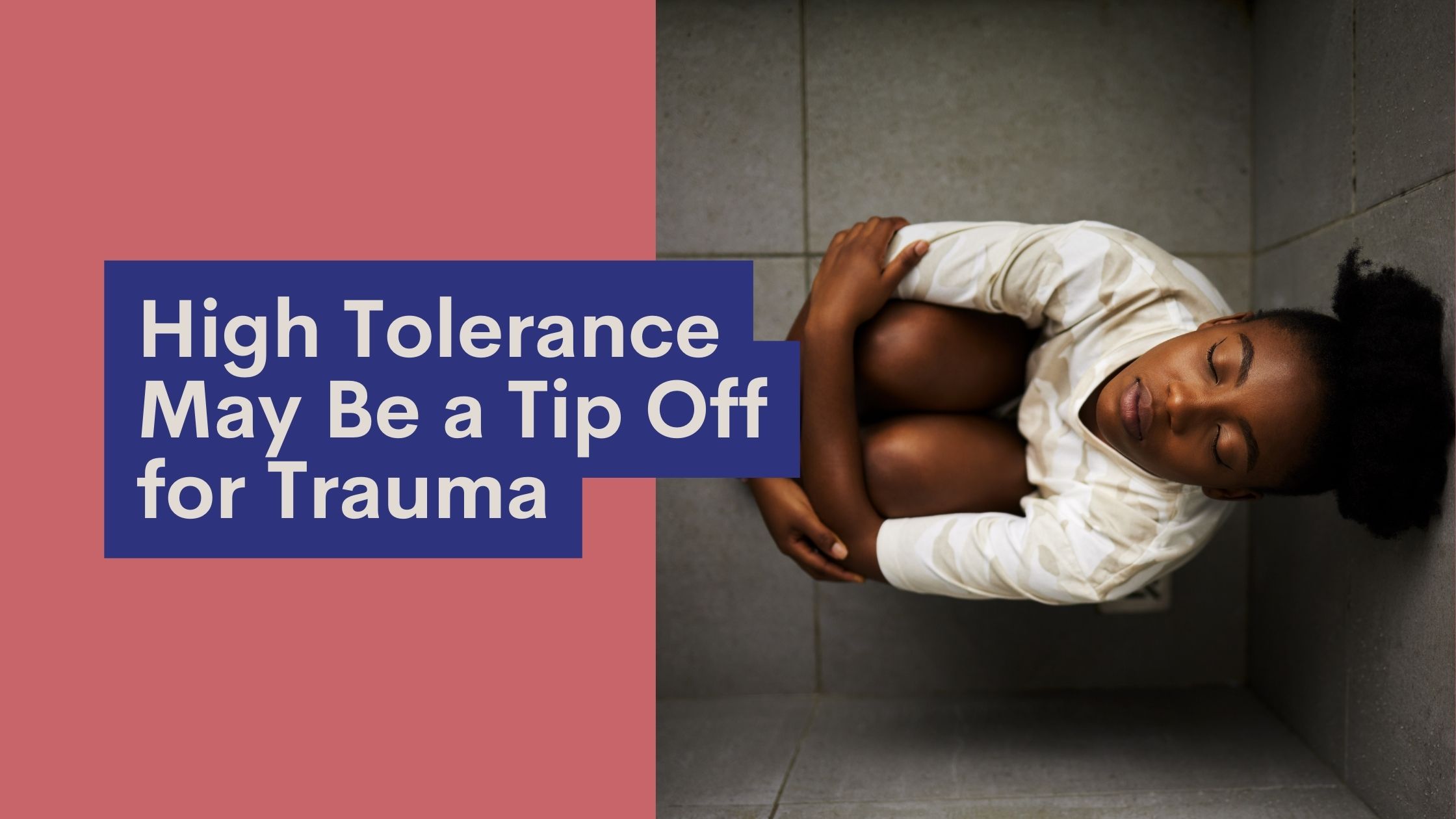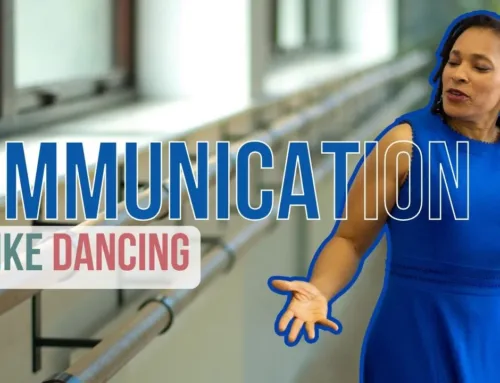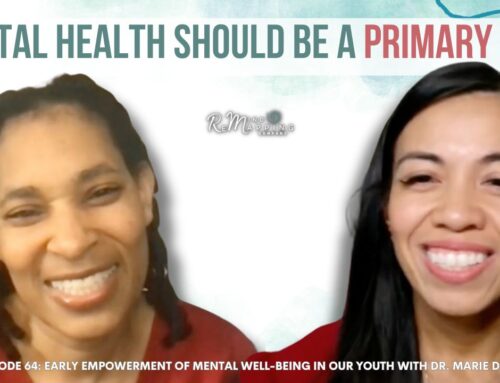
In this episode, we’ll talk about redefining resilience and understanding where high tolerance comes from. We’ll see how trauma shapes resilience, especially in marginalized groups, and how trauma-informed communication can empower individuals to navigate sensitive topics with compassion and understanding. Get to the root cause of resilience and high tolerance for pain with me.
Key Takeaways:
-
High Tolerance – The whole idea of having a high tolerance for something is often perceived as a badge of strength and resilience.
-
The Pitfalls of High Tolerance – When people face ongoing stress, whether it’s physical, mental, or emotional, it can wear them down over time, eroding their resilience and compromising their well-being.
-
Healthy Stress vs. Toxic Tolerance – Recognizing the difference between healthy resilience and harmful tolerance is essential for promoting overall well-being and addressing toxic stressors in our lives.
-
The Multifaceted Concept of High Tolerance – While high tolerance can be a testament to resilience and strength, it can also be a silent indicator of unresolved trauma.
-
Understanding Generational Resilience – There are different ways to build resilience, and perhaps the way it was done in the past is not the best approach for the present or the future. Therefore, we must rethink how we impart resilience to the next generations.
Helpful Resource:
- The Significance of Being Trauma-Responsive – Being trauma-responsive involves actively listening and observing for signs of distress or past trauma in others, allowing us to offer the support and validation they require by being attentive to their emotions and responses.
- How Do I Expand My Listening? – Actively listening, beyond mere words, creates psychological safety, fosters connections, and enables understanding, especially in recognizing and responding to trauma.
Notable Highlights:
“Having a high pain tolerance was sort of worn as a badge of honor and strength.”
“We can have stress in our lives and periods of rest and recovery that could increase our tolerance to stress.”
“My course of communication that transforms is all about expanding our capacity to listen, to communicate in a trauma-responsive manner.”
Follow Dr. Maiysha on Social media
Facebook: www.facebook.com/DrMaiysha
Instagram: www.instagram.com/DrMaiysha
Twitter: www.twitter.com/DrMaiysha
Youtube: www.YouTube.com/DrMaiysha
Hosted by: Dr. Maiysha Clairborne
Ready for the next level in your life? Join the Movement! Become a part of the Mind ReMapping Nation, an exclusive community that empowers your growth & accountability. Go to www.MindReMappingNation.com
Interested in learning Mind ReMapping? Have you thought about becoming a coach? You can! Attend our next Mind ReMapping LIVE Training in Atlanta, and learn the tools to remap your mind in this transformational NLP/Hypnosis and Coach Certification training. Visit www.mindremappingacademy.com or schedule an interest call at www.remapmymind.today.










